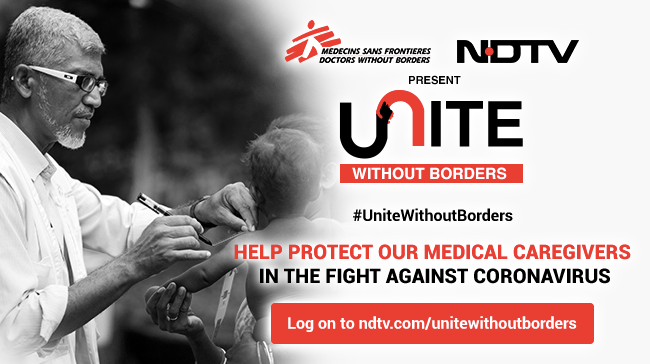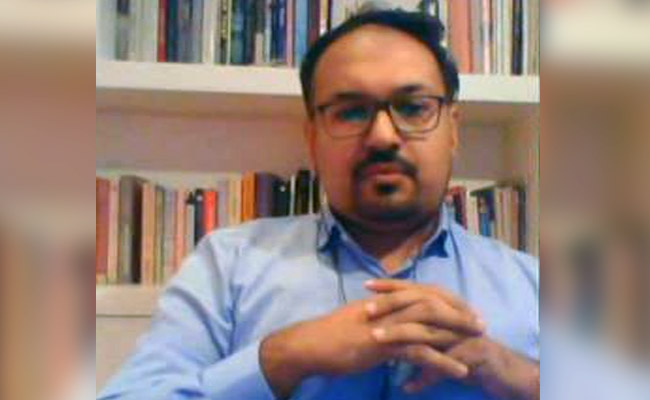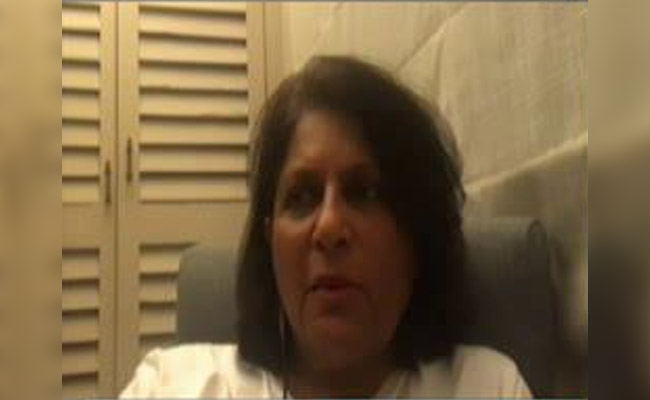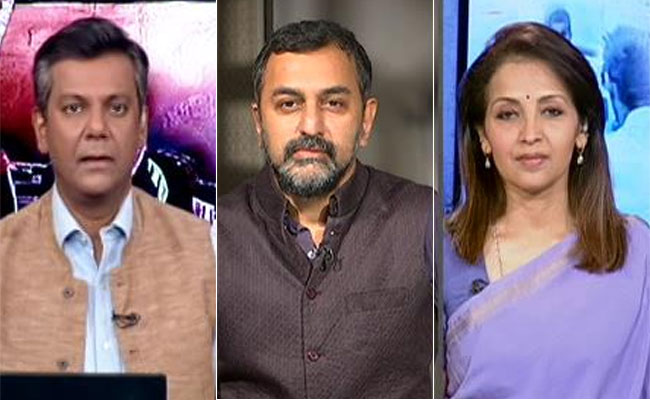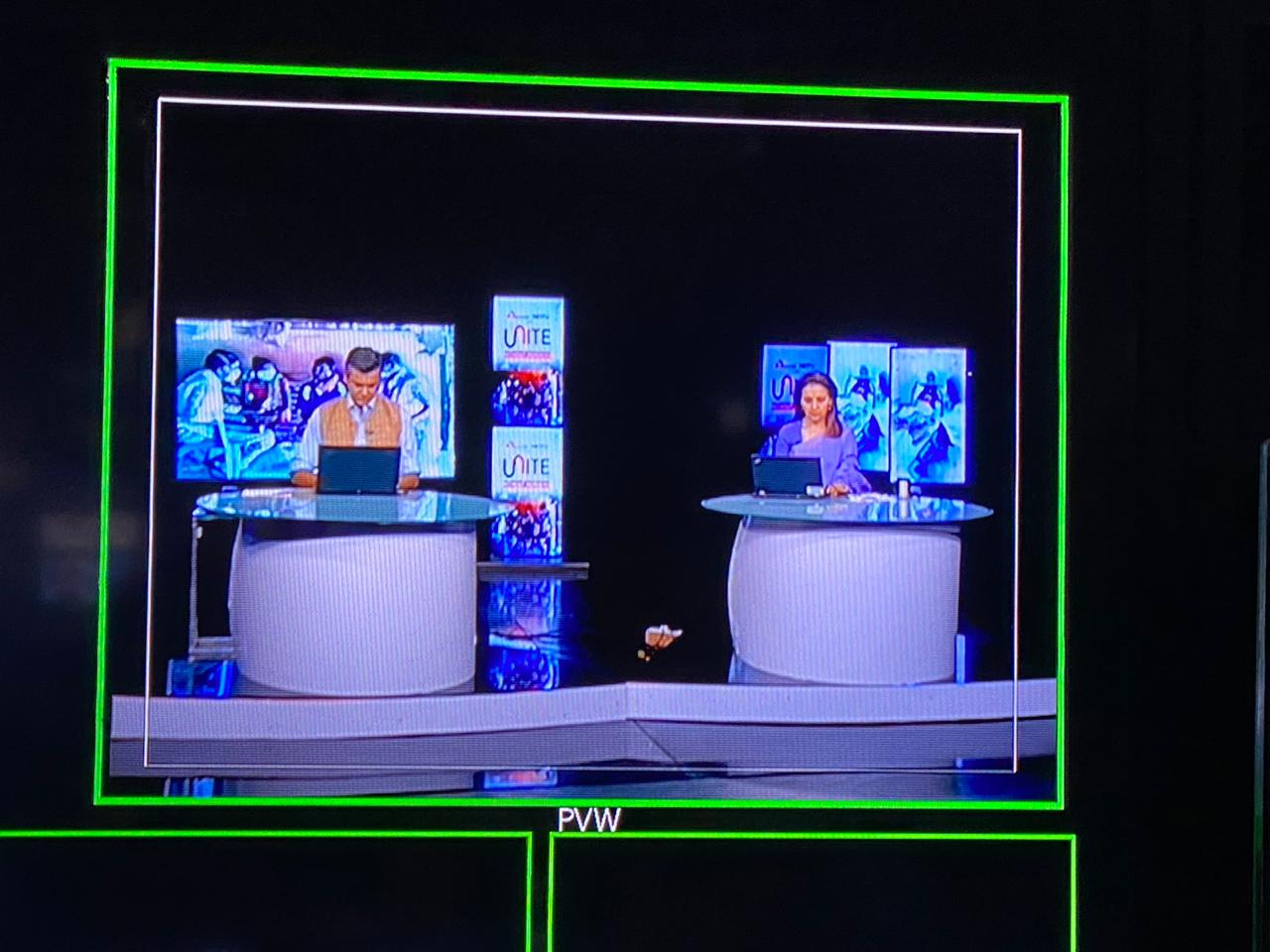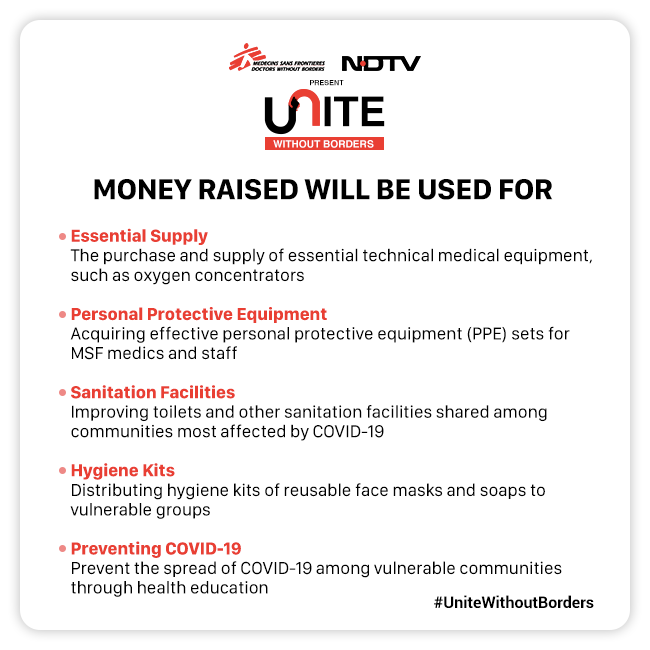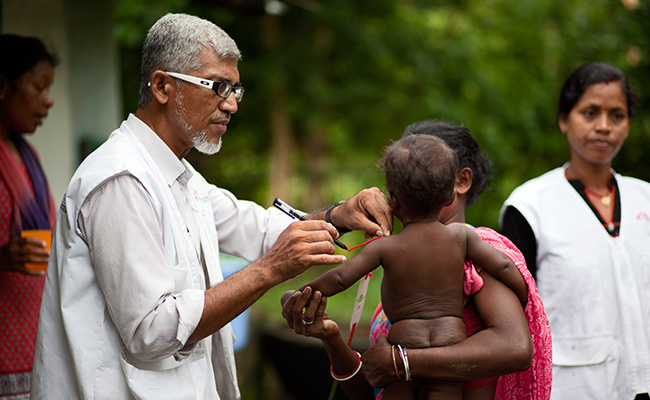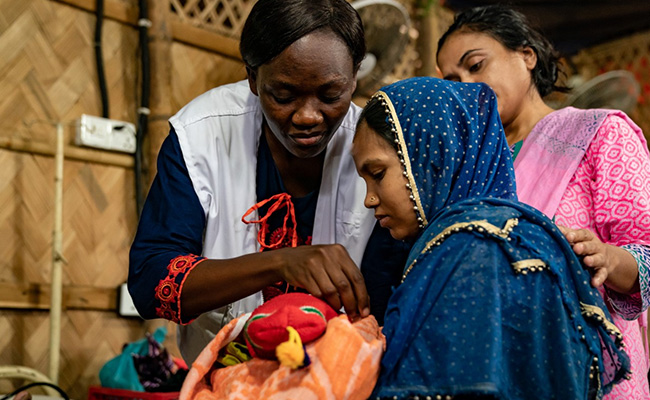COVID-19 remains a health emergency and a deadly threat, especially to the most vulnerable. Médecins Sans Frontières (MSF) has been responding to the global pandemic since it began. MSF doctors and nurses are treating patients and supporting communities across Europe, Africa, the Americas and Asia. New Delhi Television Limited (NDTV), in collaboration with the Médecins Sans Frontières (MSF), an independent medical organisation, has initiated a drive to help medical caregivers in their fight against coronavirus outbreak in the country.
Here are the Highlights of the #UniteWithoutBorders Telethon:
Keep your donations. Know more about how to donate and what your contributions will be used for: https://special.ndtv.com/unite-without-borders-73/donate-now
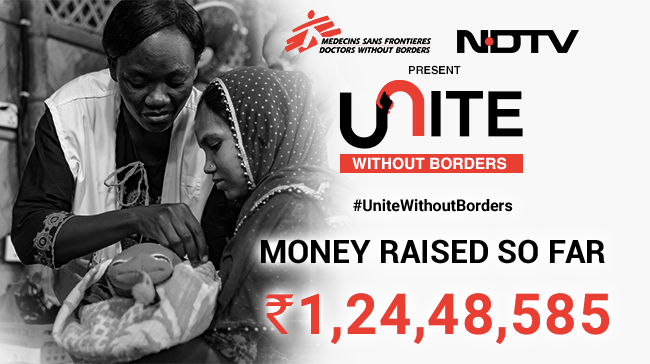
To donate and help protect our medical caregivers in the fight against COVID-19 pandemic,click here.
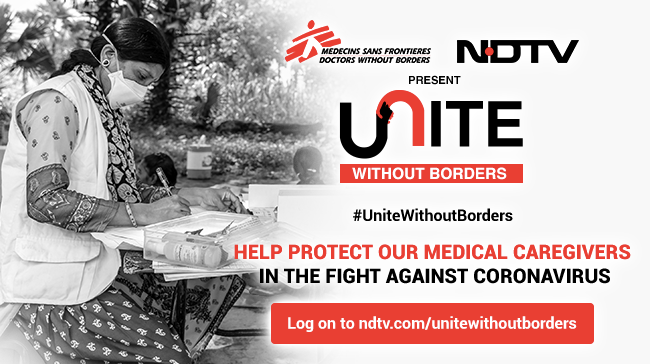
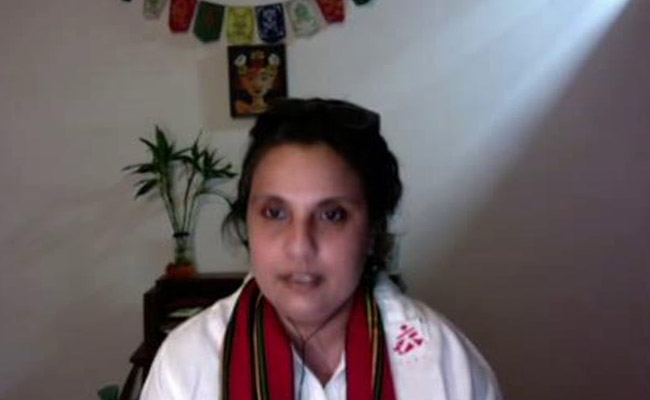
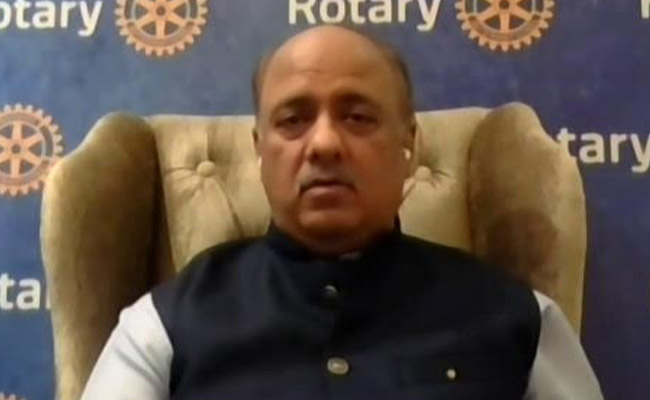
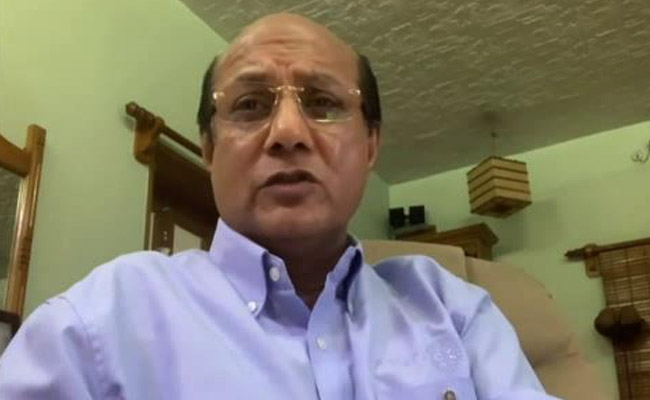
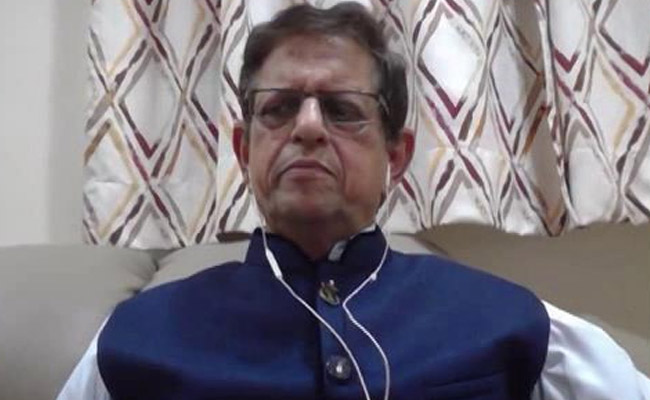
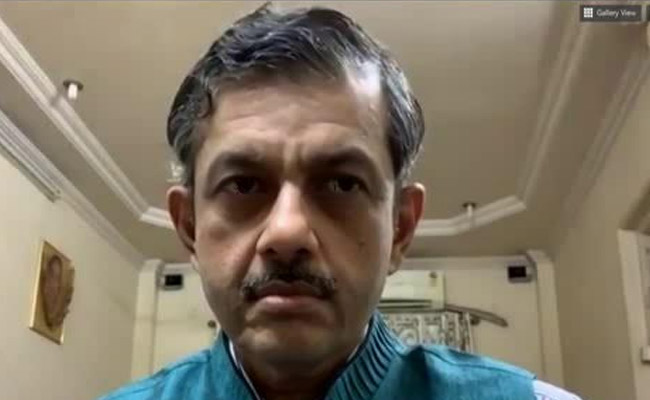
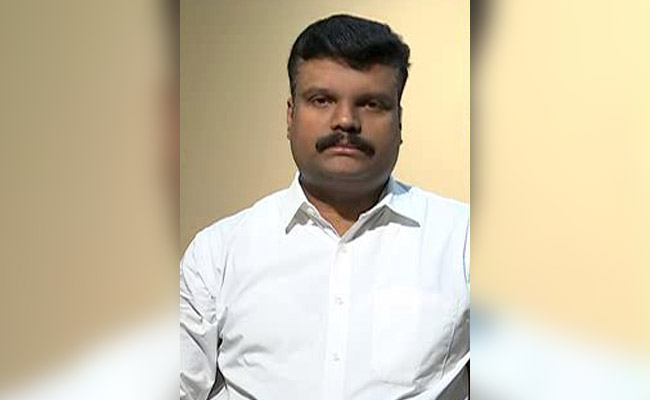
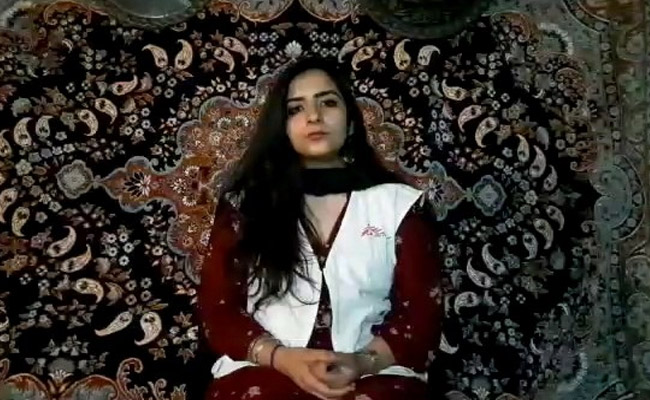
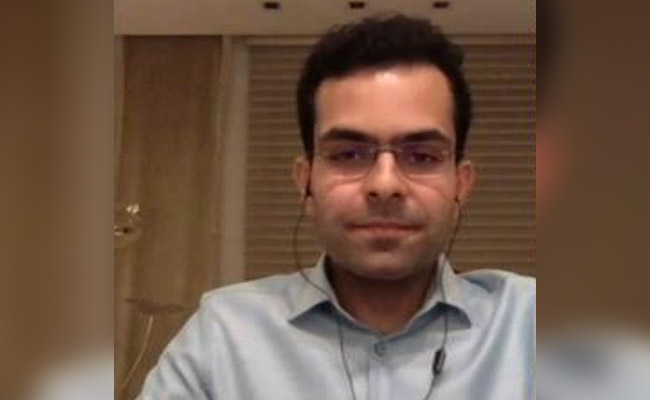
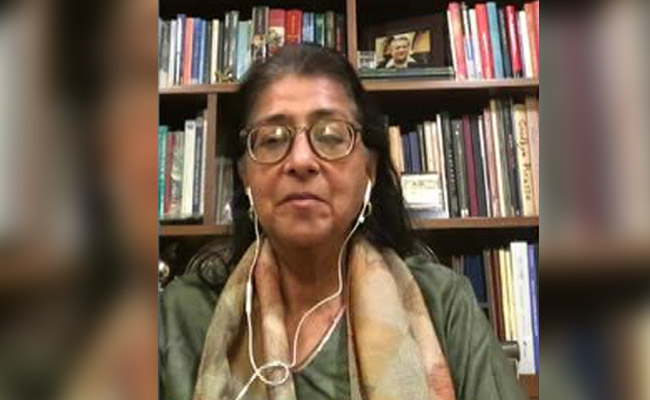
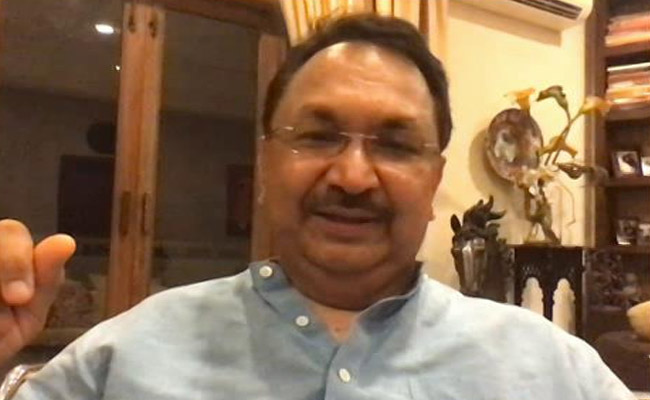
#UniteWithoutBorders | "They (healthcare workers) are fighting a battle for us. I want everyone to support them, encourage them. I think it is a very commendable job": Suresh Raina (@ImRaina), Indian Cricketer
- NDTV (@ndtv) June 28, 2020
(In partnership with @MSF_Ind)
Donate now: https://t.co/alapz8v94z pic.twitter.com/9BN0EdFAAy
To donate and help protect our medical caregivers in the fight against COVID-19, click here.
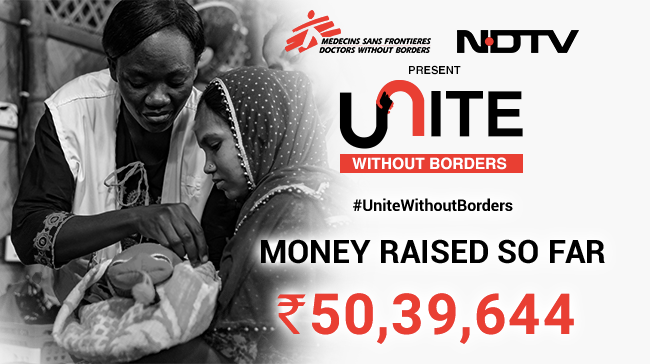
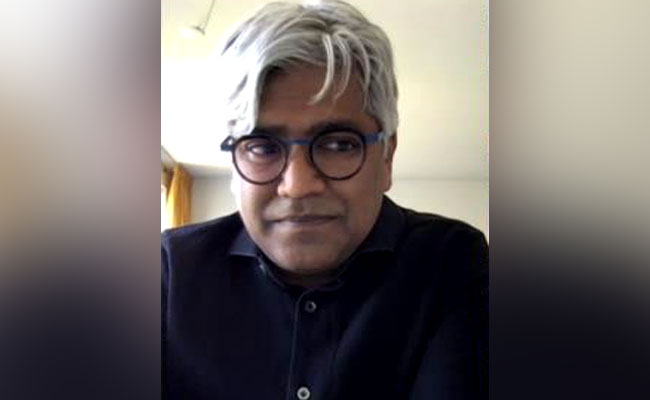
#UniteWithoutBorders | "The most important thing is to make sure healthcare workers are safe": Bhaichung Bhutia (@bhaichung15), Former Captain, Football Team
- NDTV (@ndtv) June 28, 2020
(In partnership with @MSF_Ind)
Donate now: https://t.co/alapz8dxFZ pic.twitter.com/QHX4rZtz93
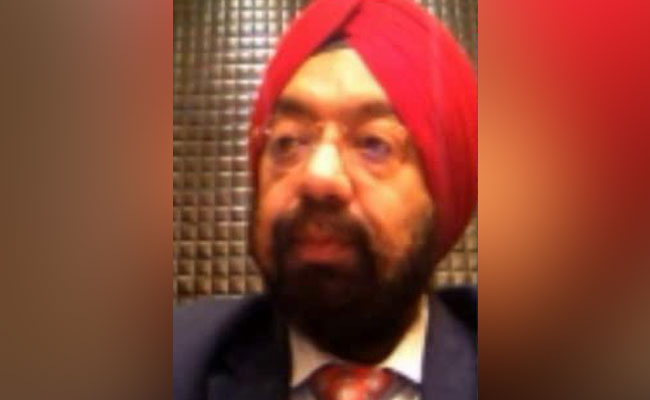
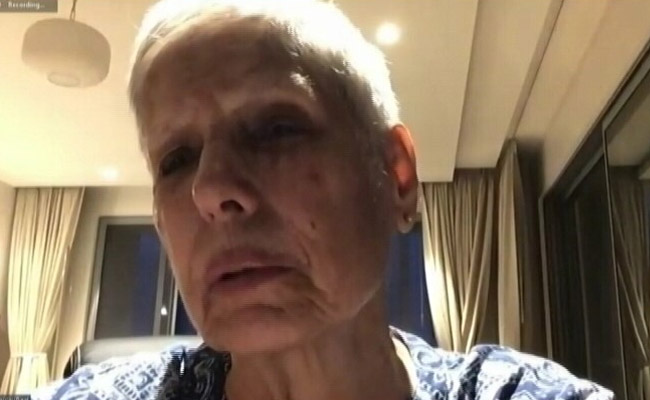
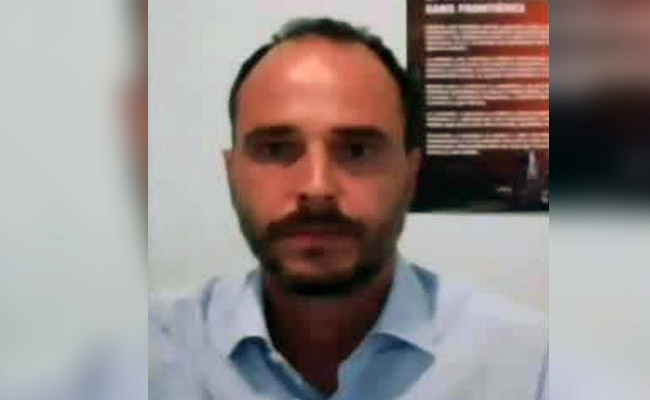
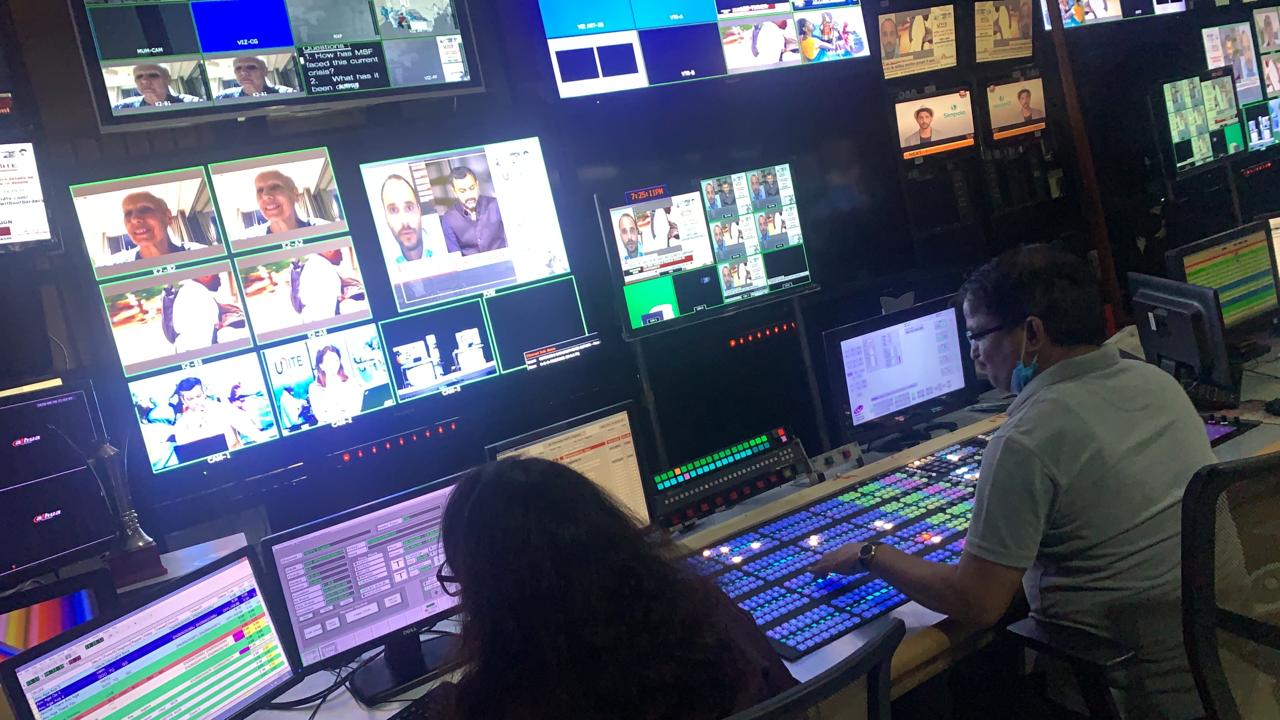
#UniteWithoutBorders | "I'm impressed with the speed with which India reacted. We need to continue the fight ": David Nabarro, WHO Director General's Special Envoy for #COVID19 Response
- NDTV (@ndtv) June 28, 2020
(In partnership with @MSF_Ind)
Donate now: https://t.co/alapz8dxFZ pic.twitter.com/1p8kXgPgXA
To donate and help protect our medical caregivers fighting the coronavirus outbreak, click here
